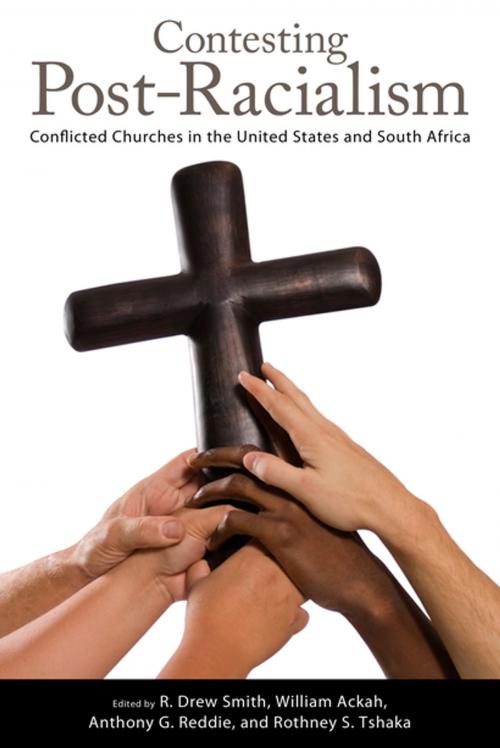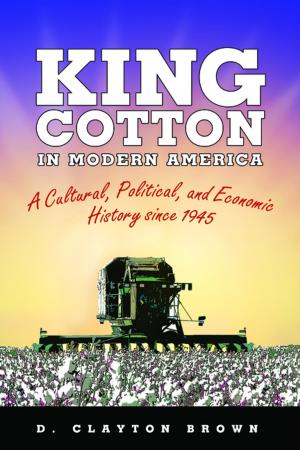Contesting Post-Racialism
Conflicted Churches in the United States and South Africa
Nonfiction, Social & Cultural Studies, Social Science, Sociology, Marriage & Family, Cultural Studies, African-American Studies| Author: | ISBN: | 9781626745056 | |
| Publisher: | University Press of Mississippi | Publication: | March 24, 2015 |
| Imprint: | University Press of Mississippi | Language: | English |
| Author: | |
| ISBN: | 9781626745056 |
| Publisher: | University Press of Mississippi |
| Publication: | March 24, 2015 |
| Imprint: | University Press of Mississippi |
| Language: | English |
Contributions by William Ackah, Allan Boesak, Ebony Joy Fitchue, Leah Gaskin Fitchue, Walter Earl Fluker, Forrest E. Harris Sr., Nico Koopman, AnneMarie Mingo, Reggie Nel, Chabo Freddy Pilusa, Anthony G. Reddie, Boitumelo Senokoane, Rothney S. Tshaka, Luci Vaden, Vuyani Vellem, and Cobus van Wyngaard
After the 2008 election and 2012 reelection of Barack Obama as US president and the 1994 election of Nelson Mandela as the first of several blacks to serve as South Africa's president, many within the two countries have declared race to be irrelevant. For contributors to this volume, the presumed demise of race may be premature. Given continued racial disparities in income, education, and employment, as well as in perceptions of problems and promise within the two countries, much healing remains unfinished. Nevertheless, despite persistently pronounced disparities between black and white realities, it has become more difficult to articulate racial issues. Some deem "race" an increasingly unnecessary identity in these more self-consciously "post-racial" times.
The volume engages post-racial ideas in both their limitations and promise. Contributors look specifically at the extent to which a church's contemporary response to race consciousness and post-racial consciousness enables it to give an accurate public account of race.
Contributions by William Ackah, Allan Boesak, Ebony Joy Fitchue, Leah Gaskin Fitchue, Walter Earl Fluker, Forrest E. Harris Sr., Nico Koopman, AnneMarie Mingo, Reggie Nel, Chabo Freddy Pilusa, Anthony G. Reddie, Boitumelo Senokoane, Rothney S. Tshaka, Luci Vaden, Vuyani Vellem, and Cobus van Wyngaard
After the 2008 election and 2012 reelection of Barack Obama as US president and the 1994 election of Nelson Mandela as the first of several blacks to serve as South Africa's president, many within the two countries have declared race to be irrelevant. For contributors to this volume, the presumed demise of race may be premature. Given continued racial disparities in income, education, and employment, as well as in perceptions of problems and promise within the two countries, much healing remains unfinished. Nevertheless, despite persistently pronounced disparities between black and white realities, it has become more difficult to articulate racial issues. Some deem "race" an increasingly unnecessary identity in these more self-consciously "post-racial" times.
The volume engages post-racial ideas in both their limitations and promise. Contributors look specifically at the extent to which a church's contemporary response to race consciousness and post-racial consciousness enables it to give an accurate public account of race.















